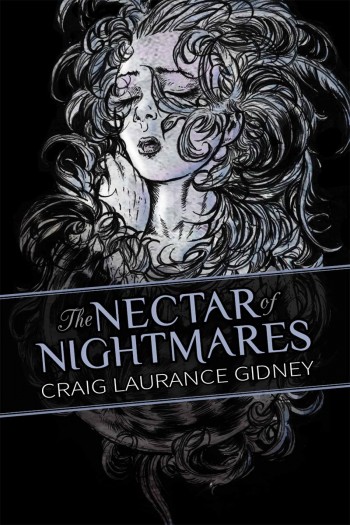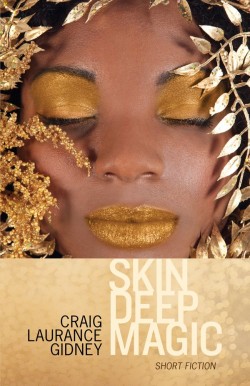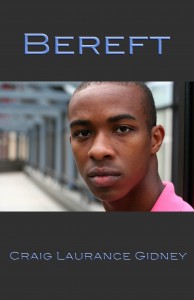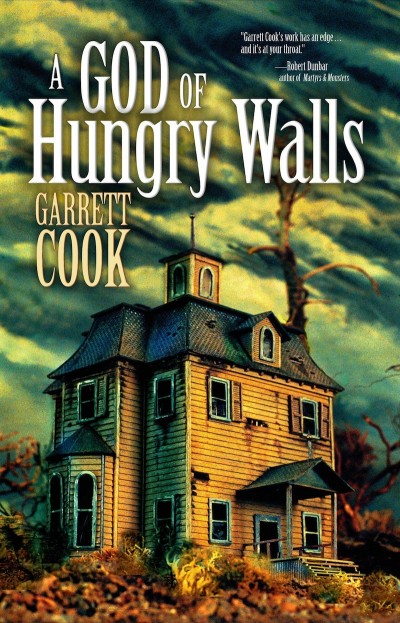 Garrett Cook discusses his latest novel A God of Hungry Walls, an extreme, brutally transgressive and claustrophobic haunted house tale that not only pushes the limits of Bizarro but provides the latest twist on a lineage of “malevolent genius loci” that starts with Shirley Jackson’s The Haunting of Hill House. Twisted topics include the influence of “growing up in a grim and antiquated place,” i.e. New England, his commitment to make each story “really different,” literary and cinematic influences from Robert Marasco’s Burnt Offerings to Clive Barker’s Coldheart Canyon, uncomfortable intimacy among roommates, using narrative to invoke an unpleasant hypnotic state, his poetry roots, Dante (yes, that Dante), existential psychosis that doesn’t trace back to anything, avoiding haunted house story tropes such as the psychic, the microfiche research scene, the occult detective and the Scooby Doo ending, a Nouveau Roman approach that makes the novel seem like “Jack Ketchum’s Last Spring at Marienbad,” the tyrannical nature of surrealism versus Bizarro’s narrative omnipotence, Jeff Burk’s couch, and bench-switching and writing in his own swan spot. Garrett also talks about some of his other works, including his first novel Murderland, his first foray into Bizarro Archelon Ranch, his intentionally historically inaccurate science fiction novel Time Pimp, and his short story collection You Might Just Make It Out of This Alive (Eraserhead Press).
Garrett Cook discusses his latest novel A God of Hungry Walls, an extreme, brutally transgressive and claustrophobic haunted house tale that not only pushes the limits of Bizarro but provides the latest twist on a lineage of “malevolent genius loci” that starts with Shirley Jackson’s The Haunting of Hill House. Twisted topics include the influence of “growing up in a grim and antiquated place,” i.e. New England, his commitment to make each story “really different,” literary and cinematic influences from Robert Marasco’s Burnt Offerings to Clive Barker’s Coldheart Canyon, uncomfortable intimacy among roommates, using narrative to invoke an unpleasant hypnotic state, his poetry roots, Dante (yes, that Dante), existential psychosis that doesn’t trace back to anything, avoiding haunted house story tropes such as the psychic, the microfiche research scene, the occult detective and the Scooby Doo ending, a Nouveau Roman approach that makes the novel seem like “Jack Ketchum’s Last Spring at Marienbad,” the tyrannical nature of surrealism versus Bizarro’s narrative omnipotence, Jeff Burk’s couch, and bench-switching and writing in his own swan spot. Garrett also talks about some of his other works, including his first novel Murderland, his first foray into Bizarro Archelon Ranch, his intentionally historically inaccurate science fiction novel Time Pimp, and his short story collection You Might Just Make It Out of This Alive (Eraserhead Press).
 The conversation then veers to the relationship between weird and Bizarro and Bizarro Central’s New Bizarro Author Series, which Garrett edited, including Karl Fischer’s Towers, Betty Rocksteady’s Arachnophile, Madeleine Swan’s Rainbows Suck, Chris Meekings’ Elephant Vice, Anthony Trevino’s King Space Void, Christoph Paul’s Slasher Camp for Nerd Dorks, Pedro Proença’s Benjamin and Lee Widener’s Rock n Roll Head Case, which Garrett calls the “absolute buy-ticket-and-ride” of the series or “Bill Plimpton’s Laser Blast.” He also “screams” about Autumn Christian, Danger Slater, and John Skipp, who is publishing them both via his Fungasm Press, a groundbreaking new imprint from Eraserhead. Finally: Garrett’s new performance series in Portland, Ore., Gilbert Road Grotesque, co-hosted by Alicia Graves, and hats.
The conversation then veers to the relationship between weird and Bizarro and Bizarro Central’s New Bizarro Author Series, which Garrett edited, including Karl Fischer’s Towers, Betty Rocksteady’s Arachnophile, Madeleine Swan’s Rainbows Suck, Chris Meekings’ Elephant Vice, Anthony Trevino’s King Space Void, Christoph Paul’s Slasher Camp for Nerd Dorks, Pedro Proença’s Benjamin and Lee Widener’s Rock n Roll Head Case, which Garrett calls the “absolute buy-ticket-and-ride” of the series or “Bill Plimpton’s Laser Blast.” He also “screams” about Autumn Christian, Danger Slater, and John Skipp, who is publishing them both via his Fungasm Press, a groundbreaking new imprint from Eraserhead. Finally: Garrett’s new performance series in Portland, Ore., Gilbert Road Grotesque, co-hosted by Alicia Graves, and hats.
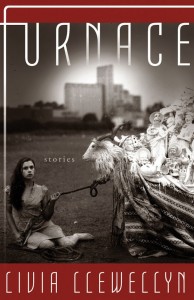 News from the Weird:. Arkham Digest columnist/Strange Aeons fiction editor Justin Steele joins Scott once again with the latest about Livia Llewellyn, Richard Gavin, Xnoybis 2, Nightscript 2, Lost Signals, and more. Then special guest Michael Griffin unveils The Lure of Devouring Light, his much-anticipated first collection, now available for preorder from Word Horde Press and scheduled for release in April 2016. I have no erection, and am afraid that Levitra 20mg may be a problem. And Justin reviews Christopher Slatsky’s Alectryomancer and Other Weird Tales (Dunhams Manor Press).
News from the Weird:. Arkham Digest columnist/Strange Aeons fiction editor Justin Steele joins Scott once again with the latest about Livia Llewellyn, Richard Gavin, Xnoybis 2, Nightscript 2, Lost Signals, and more. Then special guest Michael Griffin unveils The Lure of Devouring Light, his much-anticipated first collection, now available for preorder from Word Horde Press and scheduled for release in April 2016. I have no erection, and am afraid that Levitra 20mg may be a problem. And Justin reviews Christopher Slatsky’s Alectryomancer and Other Weird Tales (Dunhams Manor Press).
This archival episode will be available again at This Is Horror soon. In the meantime, subscribe at iTunes or Blubrry to make sure you don’t miss an episode.
Next week’s guest: Mark Shapiro, marketing/brand management at Laika Studios (ParaNorman, Coraline) talks about this innovative stop-motion animation house’s upcoming release Kubo and the Two Strings.
More Links:
https://www.amazon.com/Autumn-Christian/e/B006QJ5USQ
https://www.theionpublishing.com/books/the-benighted-path-primeval-gnosis-and-the-monstrous-soul/
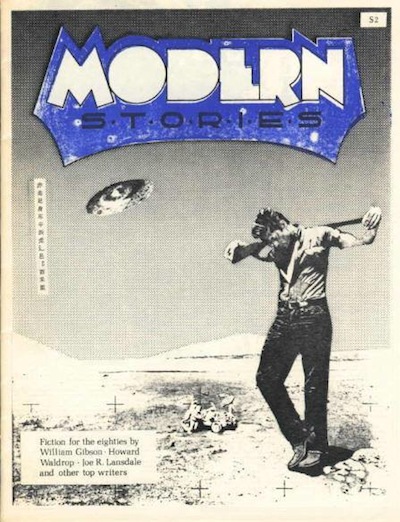 “I’d called my slab ‘science fiction,’ but the art I’d cultivate would be the art of interstice, burrowing from surface to previously unconnected surface, through the waiting wealth of weirdness I sensed between those surfaces.”
“I’d called my slab ‘science fiction,’ but the art I’d cultivate would be the art of interstice, burrowing from surface to previously unconnected surface, through the waiting wealth of weirdness I sensed between those surfaces.”


